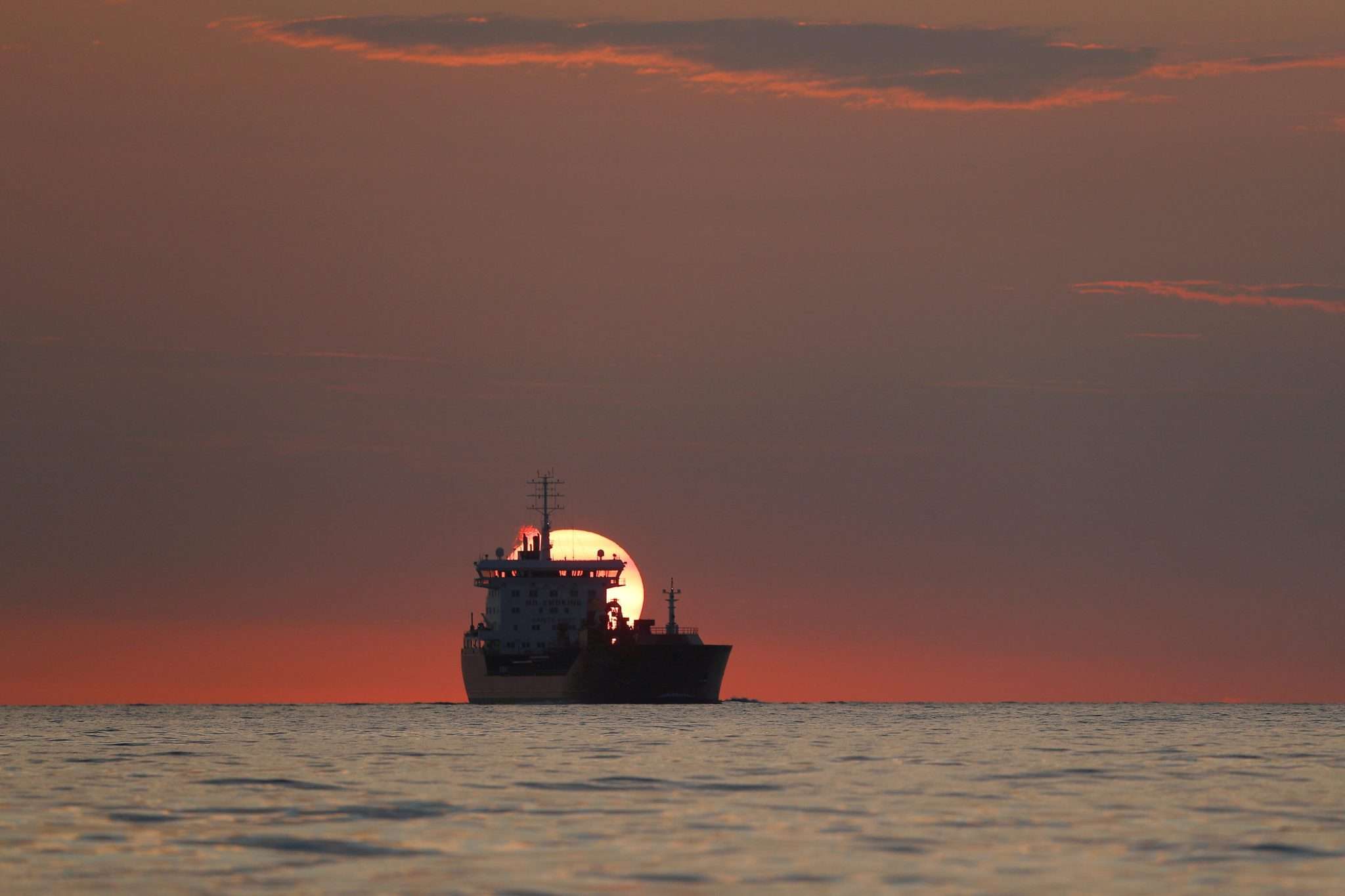
Onboard Carbon Capture: The Future of Shipping Decarbonization?
By Mike Schuler
Article via gCaptain
Onboard carbon capture (OCC) is gaining interest in the shipping industry as a way to reduce emissions while continuing to use conventional fuels. However, its success hinges on collaboration between regulators, policy makers, industry stakeholders, class, and suppliers, according to classification society DNV.
As decarbonization deadlines loom, the demand for cost-efficient emission reduction solutions is on the rise. DNV’s latest whitepaper, “The Potential of Onboard Carbon Capture in Shipping,” delves into OCC as a potential solution, examining its technical, economic, operational, and regulatory challenges. It also explores how OCC integrates into the carbon capture, utilization, and storage (CCUS) value chain.
CCUS involves capturing CO2, recycling it for future use, or permanently storing it in deep underground geological formations. The maritime industry is exploring its implementation onboard ships, necessitating systems to capture, process, and store CO2, and networks for offloading, integrated into wider CCUS infrastructures.
“The commercial attractiveness of OCC will depend on the terms under which regulations can credit the removal of carbon emissions, and how smoothly it can be integrated into the growing CCUS value chain,” says Chara Georgopoulou, Head of Maritime R&D and Advisory Greece, who presented the white paper during Posidonia 2024.
For OCC to have widespread application, it must be economically viable and competitive with other decarbonization alternatives. If successfully implemented, it could become a key compliance tool for shipowners facing decarbonization regulations, simultaneously reducing the demand for alternative fuels.
Currently, the EU ETS is the only regulatory framework offering commercial incentives for OCC. Future environmental and greenhouse gas (GHG) emissions regulations must also credit captured CO2 to encourage shipowners to adopt the technology.
“If we are to achieve IMO decarbonization targets, we must leave no stone unturned in continuing to investigate OCC and other potential technologies that can accelerate shipping’s decarbonization journey,” Georgopoulou said.
